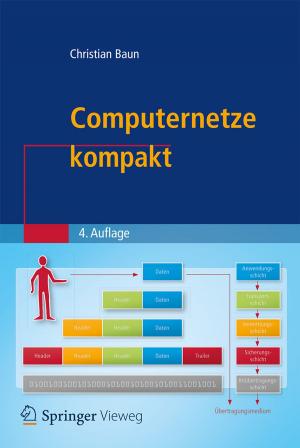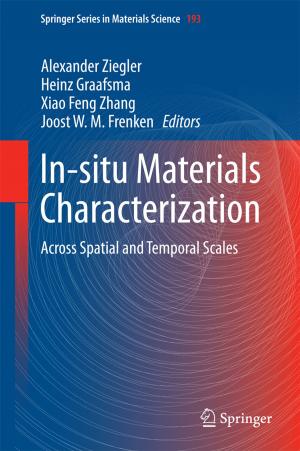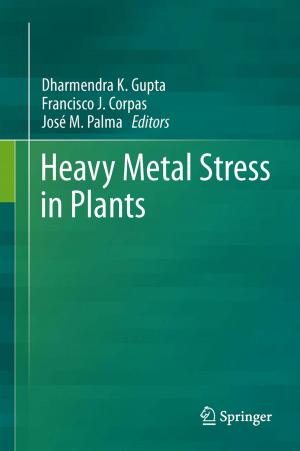Sedimentary Basins
Evolution, Facies, and Sediment Budget
Nonfiction, Science & Nature, Science, Earth Sciences, Geology| Author: | Gerhard Einsele | ISBN: | 9783642770555 |
| Publisher: | Springer Berlin Heidelberg | Publication: | December 6, 2012 |
| Imprint: | Springer | Language: | English |
| Author: | Gerhard Einsele |
| ISBN: | 9783642770555 |
| Publisher: | Springer Berlin Heidelberg |
| Publication: | December 6, 2012 |
| Imprint: | Springer |
| Language: | English |
The modern geological sciences are characterized by extraordinarily rapid progress, as well as by the development and application of numerous new and refined methods,most of them handling an enormous amount of data available from all the continents and oceans. Given this state of affairs, it seams inevitable that many students and professionals tend to become experts in relatively narrow fields and there by are in danger of losing a broad view of current knowledge. The abun dance of new books and symposium volumes testifies to this trend toward specialization. However, many geologic processes are complex and result from the interaction of many, seemingly unrelated, individual factors. This signifies that we still need generalists who have the broad overview and are able to evaluate the great variety of factors and processes controlling a geologic system, such as a sedimentary basin. In addition, this also means that cooperation with other disciplines in the natural sciences and engi neering is increasingly important. Modern text books providing this broad overview of the earth sciences are rare. Some are written by several authors together to make sure that all topics are treated properly. When individual authors write a book, they run the risk of creating a text that is less balanced, because they cannot avoid indulging their own preferences for specific topics and field examples. However, this disadvantage can be compensated for by the fact that just one author can produce a more concise and uniform text and include ap propriate cross references.
The modern geological sciences are characterized by extraordinarily rapid progress, as well as by the development and application of numerous new and refined methods,most of them handling an enormous amount of data available from all the continents and oceans. Given this state of affairs, it seams inevitable that many students and professionals tend to become experts in relatively narrow fields and there by are in danger of losing a broad view of current knowledge. The abun dance of new books and symposium volumes testifies to this trend toward specialization. However, many geologic processes are complex and result from the interaction of many, seemingly unrelated, individual factors. This signifies that we still need generalists who have the broad overview and are able to evaluate the great variety of factors and processes controlling a geologic system, such as a sedimentary basin. In addition, this also means that cooperation with other disciplines in the natural sciences and engi neering is increasingly important. Modern text books providing this broad overview of the earth sciences are rare. Some are written by several authors together to make sure that all topics are treated properly. When individual authors write a book, they run the risk of creating a text that is less balanced, because they cannot avoid indulging their own preferences for specific topics and field examples. However, this disadvantage can be compensated for by the fact that just one author can produce a more concise and uniform text and include ap propriate cross references.















